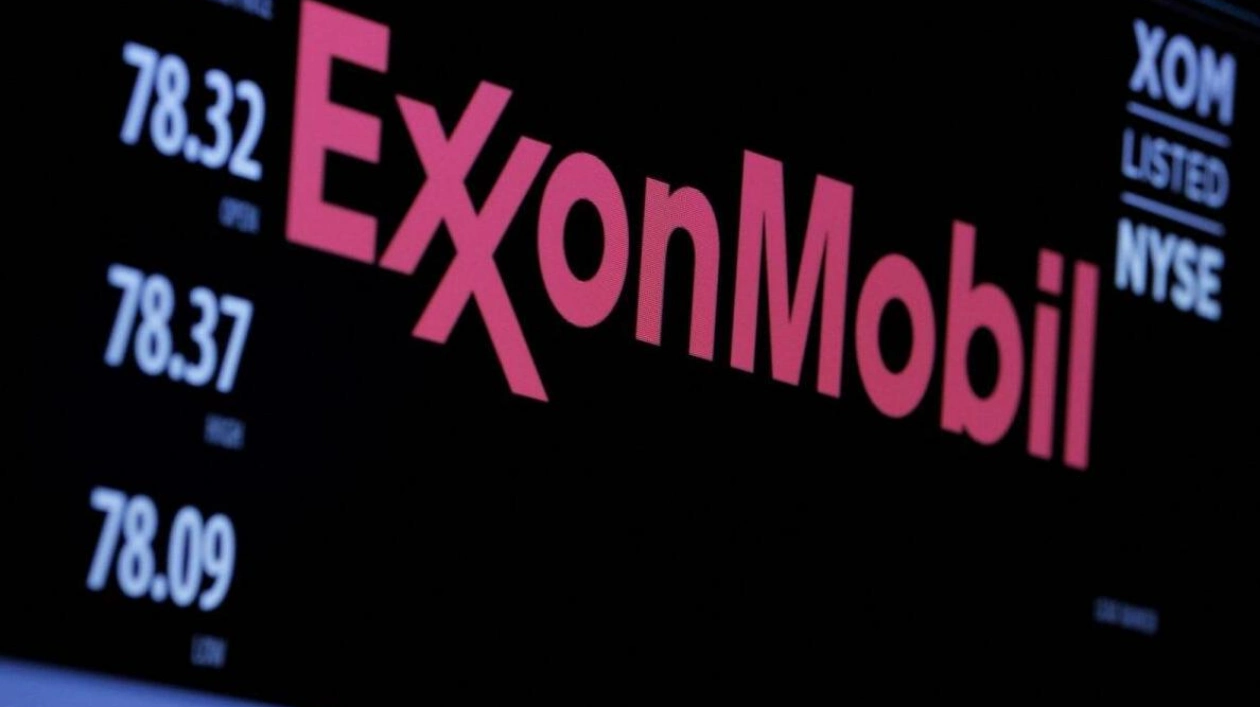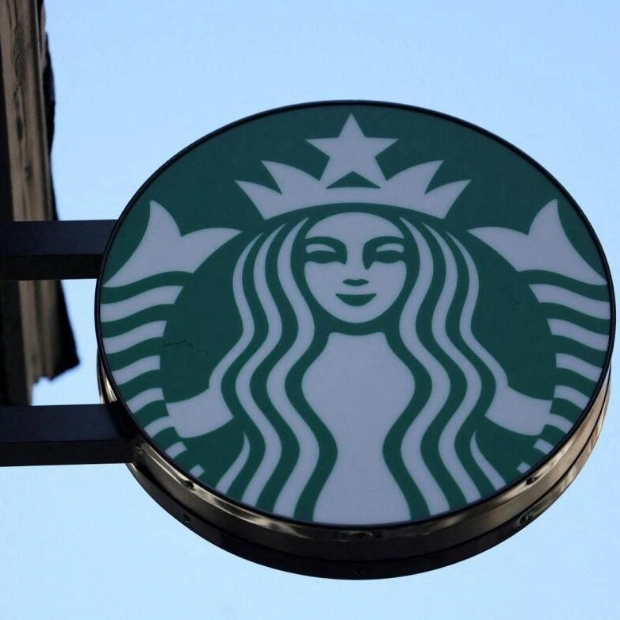California and several environmental groups have filed a lawsuit against Exxon Mobil, accusing the oil giant of contributing to global plastic waste pollution through a long-term campaign of deception. Speaking at an event during Climate Week in New York City, California Attorney General Rob Bonta announced the lawsuit following a nearly two-year investigation that revealed Exxon's deliberate misinformation about the limitations of recycling.
"Today's lawsuit paints the most comprehensive picture yet of ExxonMobil's decades-long deception, and we are seeking the court's intervention to hold ExxonMobil fully accountable for its role in fostering and exacerbating the plastics pollution crisis through its deceptive practices," Bonta stated in a press release. This investigation echoes California's previous inquiries into the oil industry's alleged attempts to mislead the public about climate change, for which the state is also pursuing legal action. California has a history of contentious relations with major oil companies.
Once a significant crude oil supplier, California's oil production has been steadily declining for nearly four decades, with companies citing the regulatory environment as a deterrent for investment. Chevron Corp, a major competitor of Exxon, has criticized California's policies and announced plans to relocate its headquarters to Texas, a more oil-friendly state.
A coalition of environmental groups, including the Sierra Club, filed a related lawsuit in the same San Francisco state court, levying similar accusations against Exxon. Bonta, a Democrat, specifically sought information on Exxon's promotion of its "advanced recycling" technology, which employs pyrolysis to convert hard-to-recycle plastics into fuel. He argued that the slow progress of this technology is indicative of Exxon's continued deception and aims to secure an abatement fund and civil penalties for the environmental damage caused by plastic pollution in California.
Exxon defended its practices, asserting that advanced recycling and similar solutions are effective and that California's own recycling system is flawed. "Rather than suing us, they could have collaborated with us to address the issue and prevent plastic from ending up in landfills," said Lauren Kight, a spokesperson for Exxon. Kight added that Exxon has processed over 60 million pounds of plastic waste into usable raw materials through advanced recycling, thereby keeping it out of landfills.
Notre Dame Law School Professor Bruce Huber, an expert in environmental law, suggested that California might face challenges in its lawsuit, particularly due to the complexity of public nuisance law. "It could be difficult for a court to grant California relief without potentially opening the door to a multitude of similar claims," he noted.
Exxon is the world's leading producer of resins used in single-use plastics, according to a report by the Minderoo Foundation, in collaboration with Wood Mackenzie and the Carbon Trust. Reuters has previously reported on the significant hurdles facing advanced recycling, which the plastics industry promotes as an environmental solution.
California's lawsuit precedes the final round of global plastic treaty negotiations scheduled for Busan, South Korea, at the end of the year. During these talks, countries are divided on whether the treaty should impose limits on plastic production, a stance opposed by Exxon and the global petrochemical industry. The US recently expressed support for a treaty aimed at reducing global plastic production.
Environmental groups have lauded the lawsuit. Christy Leavitt, Oceana's plastics campaign director, believes California's legal action will "hold the industry accountable and challenge the false narrative of plastics recycling that hinders real solutions."






